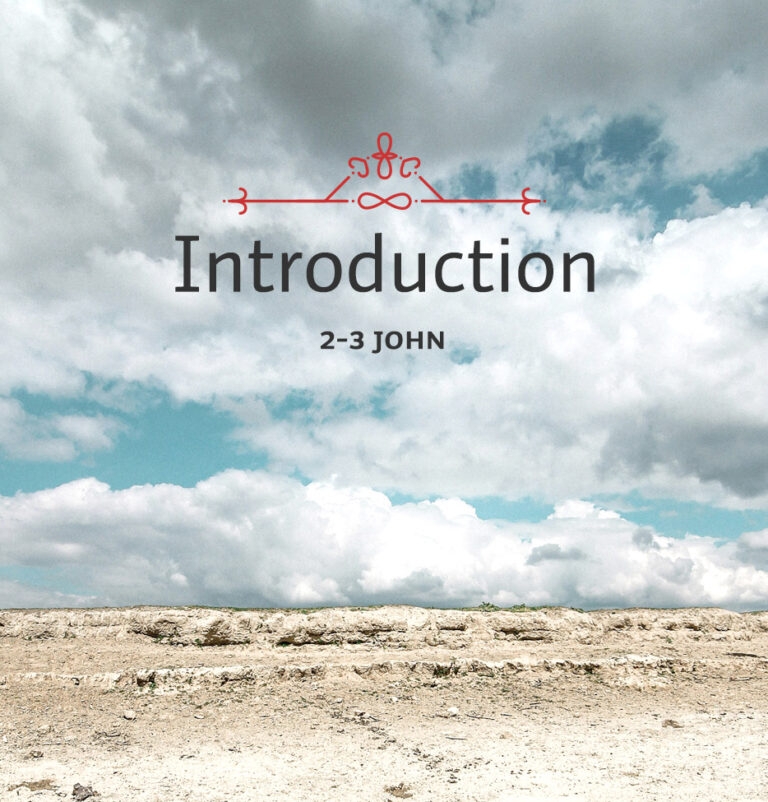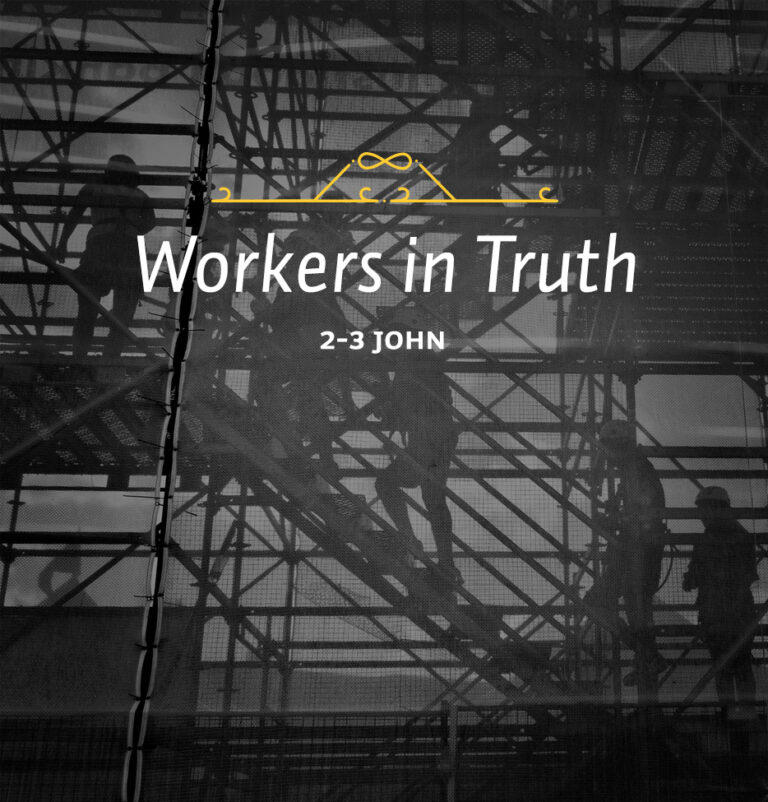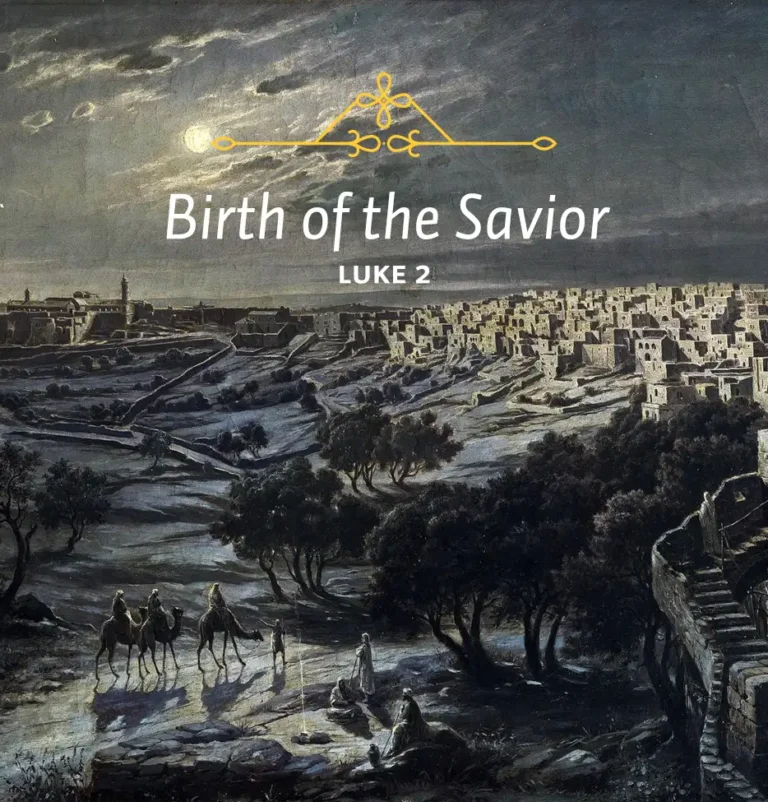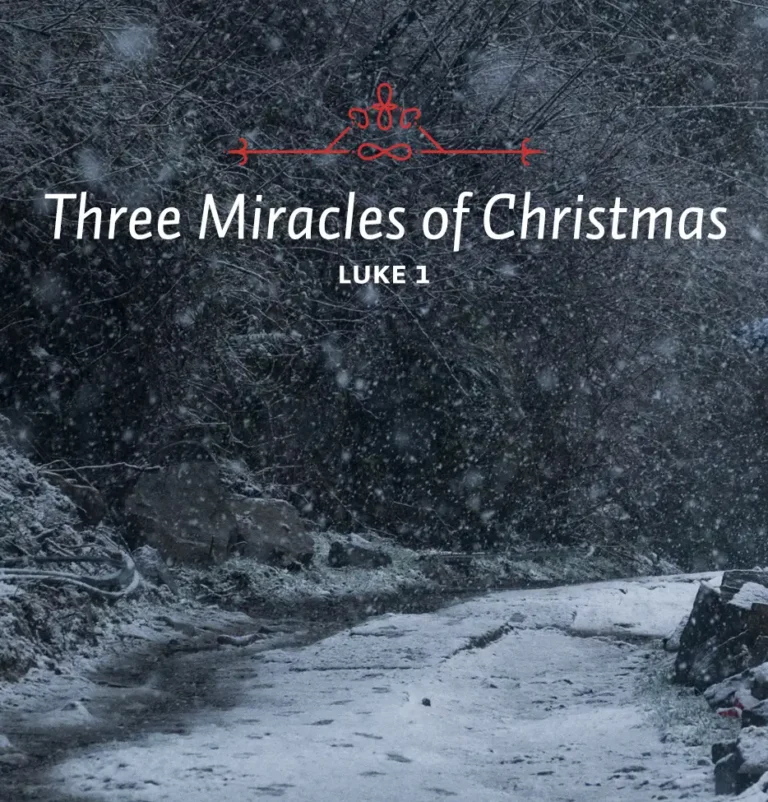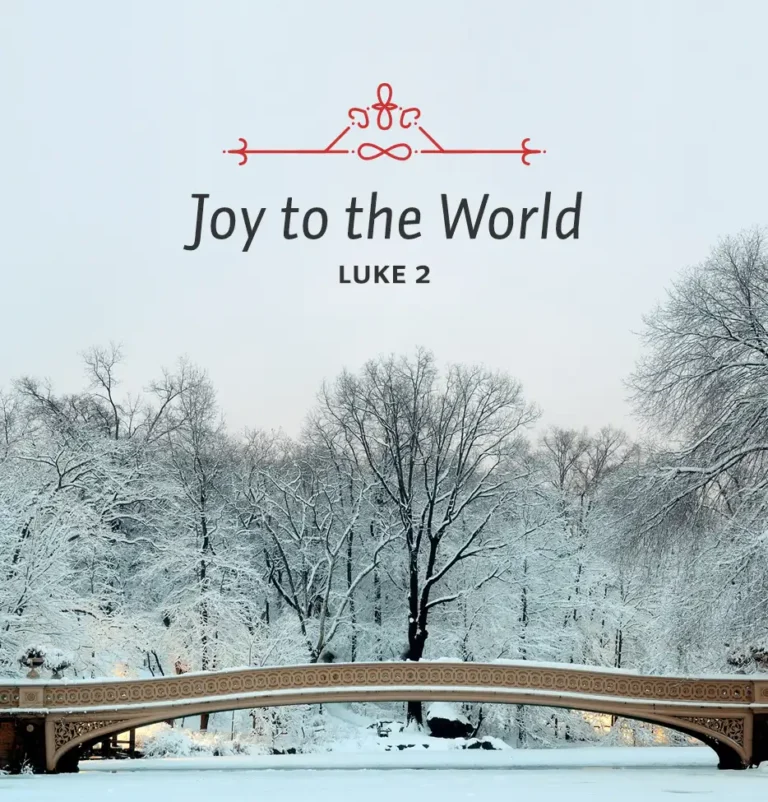
Monday: The Importance of Assertions
It is entirely appropriate that a book dealing with the subject of Christian assurance should end with three final affirmations, introduced by the repetitive phrase “we know” in verses 18, 19 and 20. In some ways these statements are a summary of much of what John has been teaching. In another sense they are a reminder of how important affirmations are to Christianity.


